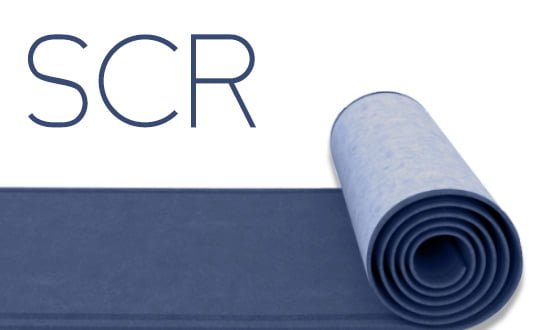Surge in SCR uptake
- 19 November 2013

Uptake of Summary Care Records amongst secondary care clinicians has been greater in the past nine months, than in the previous five years.
The steep increase in use of the records in secondary care was revealed by NHS England’s director of strategic systems and technology Beverley Bryant at EHI Live in Birmingham this month.
Bryant also said the SCR will be renamed as the Partial GP Record.
SCRs provide emergency clinicians involved in a patient’s care with a cored dataset pulled from GP records covering a patient’s allergies, medications and adverse reactions.
More than 31m patients in England have a record, but six years into the project and usage has been disappointingly low. In February, figures revealed that while more than 22m summary care records existed, they had only been viewed 240,000 times by urgent care staff.
However, the tide appears to be turning with uptake on the increase in areas like Northumbria.
Northumbria Healthcare NHS Foundation Trust has been accessing SCRs for less than a year, but has the second highest use of the records in the country.
Pharmacists, nurses and doctors at the trust have accessed SCRs more than 21,000 times since they were made available in December 2012.
The trust’s experiences are being shared with a team of national experts, keen to learn how to embed the use of emergency care records in the NHS
Dr Emyr Jones, national clinical lead for SCR, described Northumbria Healthcare as a “shining example of how to make the most of this technology to improve care for patients”.
“I, together with clinical and other colleagues from the national SCR programme, will be spending time with Northumbria Healthcare’s staff, to learn as much as we can about how they’ve made such success of SCR,” he said.
“We’ll use what we’ve learned to support other hospitals nationally to mirror what Northumbria has achieved.”
Clinical pharmacists at Northumbria, David Jones and Scott Barrett, led the SCR implementation project.
“Summary Care Records provide us with important information at the time when we really need it. If patients are admitted to our hospitals in the evenings or at weekends when their GP practice is closed, these records can be invaluable,” explained Jones.
Barrett believes that using SCRs reduces the risk of patients missing doses of critical medicines or being prescribed inappropriate doses.
“SCRs provide the missing piece of the jigsaw when we’re gathering information to treat a patient, meaning their care is likely to be more effective. They also help us to concentrate on the health problem which brought the patient in to hospital, rather than have to waste time chasing for information on any chronic condition they have,” he said.
GP practices will be required to provide an automated upload of their summary information to the SCR or have published plans in place to achieve this, by 31 March 2015.
The new GP contract requires that GPs also give patients online access to their SCR information by this date.
Guidance released in July by NHS England said it had commissioned the Health and Social Care Information Centre to add immunisations, significant past problems and procedures, end-of-life care information, and other patient preferences to the SCR.




